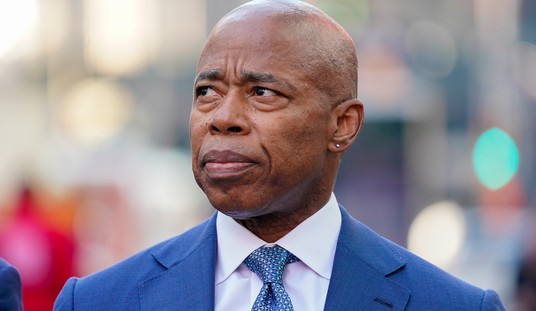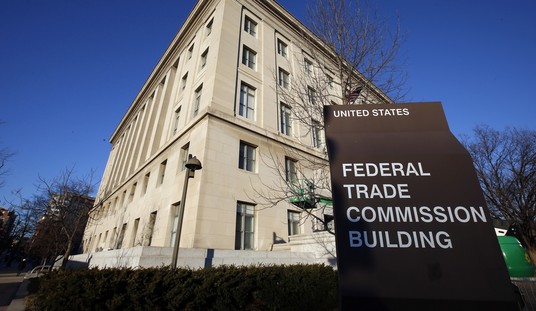In the not too recent past, a sense of basic decency and fair play, combined with the threat of mutually assured destruction, were the only things that prevented prosecutors from settling every political dispute with criminal indictments. Prosecutors, after all, are some of the most dangerous and politically and legally immune people in the country. A large number of them are ambitious either politically or for promotion within their own office, and this is typically driven by conviction rates. There’s relatively little incentive for a prosecutor to ever do the right thing when the right thing involves not prosecuting someone or ending a prosecution that has already begun. Nonetheless the terrible, life-destroying powers of a criminal prosecutors were rarely used as weapons of partisan warfare until relatively recently.
That no longer holds true. The first shots in this particular battle were fired by Travis County prosecutors against Tom Delay. This same office led to the events that unfolded with the nakedly absurd indictment of Rick Perry on Friday. Democrats show no intention of putting this genie back in the bottle any time soon absent some indication that it will cost them where it counts the most. If Republicans are going to be indicted for threatening to veto bills or carrying out other necessary incidentals of the political offices they hold, then maybe it’s time for Republican prosecutors to start examining the activities of Democrat governors and officeholders with a fine tooth comb and some novel legal theories in mind.
More to the point, there’s an opportunity for citizen activists to get involved here. One of the very few checks on the criminal prosecutor is the bar. This isn’t normally a very effective tool because it isn’t used often – most people who are the victims of prosecutorial overreach are so happy when the prosecutor goes away (and their resources have been too depleted by fighting the bogus charges) that they are too content to let the entire matter drop. The only reason Mike Nifong’s victims got any satisfaction is because they were rich, their case was widely publicized, and they had an angry public on their side. But the good news is that you don’t have to be a victim to report prosecutorial misconduct – most state bars accept grievance reports from any person, especially residents of that state. Texas, for instance, sets forth the method for reporting an attorney (including a prosecutor, for example) on the State Bar website.
State prosecutors are generally bound by some version of Rule 3.8 of the Rules of Professional Conduct, which state, among other things, that:
The prosecutor in a criminal case shall:
(a) refrain from prosecuting a charge that the prosecutor knows is not supported by probable cause;
A concerned resident of Texas (or any other state where prosecutorial abuse might happen) who was under the belief that a prosecutor had violated this rule could, hypothetically, click this link and report the prosecutor in question to the state bar.
Furthermore, during the course of making statements about a matter that a prosecutor is handling, a prosecutor is required by Rule 3.8 to
(f) except for statements that are necessary to inform the public of the nature and extent of the prosecutor’s action and that serve a legitimate law enforcement purpose, refrain from making extrajudicial comments that have a substantial likelihood of heightening public condemnation of the accused and exercise reasonable care to prevent investigators, law enforcement personnel, employees or other persons assisting or associated with the prosecutor in a criminal case from making an extrajudicial statement that the prosecutor would be prohibited from making under Rule 3.6 or this Rule.
A concerned resident of Texas (or any other state where prosecutorial abuse might happen) who was concerned about prosecutorial abuse might carefully watch a given prosecutor’s public statements and, if he or she feels that the above rule has been violated, might click this link and report those comments to the state bar.
In such a hypothetical circumstance, a prosecutor might well not face actual bar discipline, but if the state bar is flooded with complaints, the prosecutor will have to respond to a state bar and explain each time why what he did or said is not a violation of the Rules of Professional Conduct. The knowledge that an informed citizenry is watching his or her every move like a hawk (and therefore, that the bar is watching his or her every move like a hawk), might well be the one thing that could at least cause caution on the part of an otherwise reckless prosecutor.
This particular pandora’s box has been opened, for better or worse (almost certainly worse). Nothing is left for us to do but respond.














Join the conversation as a VIP Member